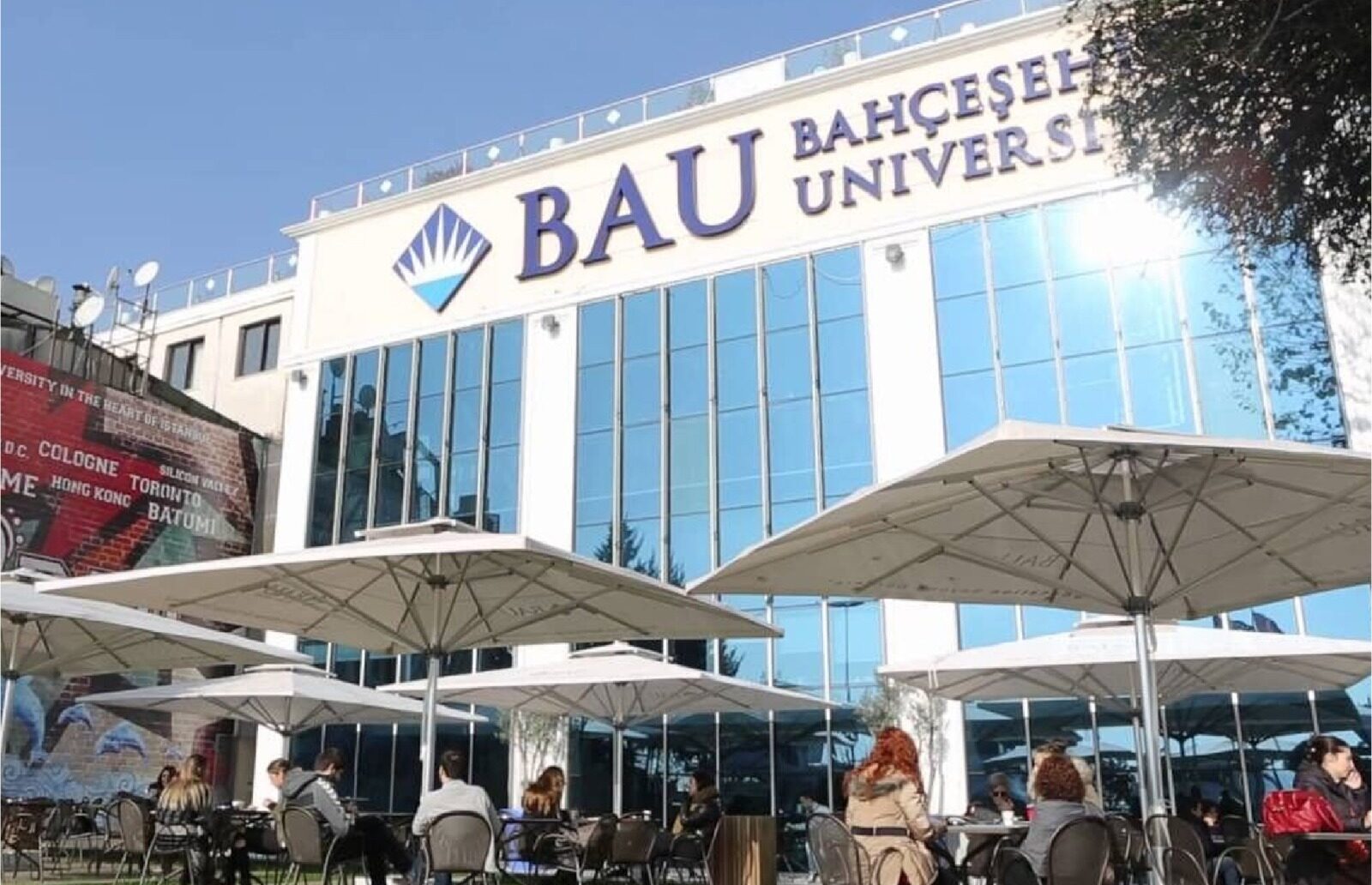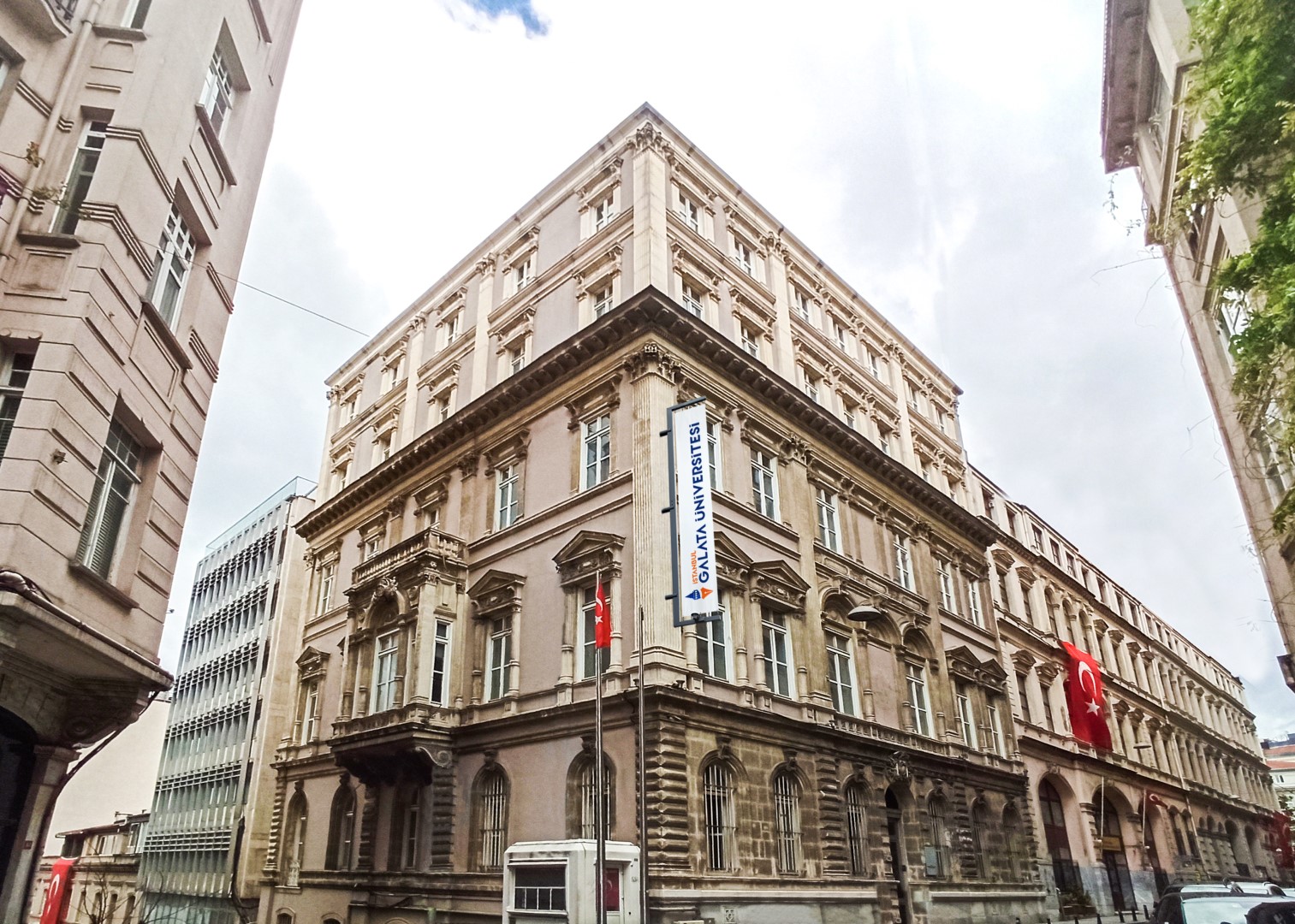Chemistry
Specialty
sciences
Degree
Bachelor's
Master
PhD
Language
English
Duration
4 Years
Start Form
4390$
جدول المحتويات
The study of Chemistry is one of the prominent disciplines in Turkey, attracting many aspiring students to its prestigious universities. Whether at the undergraduate, master’s, or doctoral levels, Turkish universities strive to equip students with the knowledge and skills necessary to tackle future scientific challenges in this field. This creates an ideal environment for academic learning and growth. In this program, we will explore the key details of studying Chemistry in Turkey, highlighting the top universities and job opportunities available after graduation.
What is a Chemistry Program?
A Chemistry program is a comprehensive educational experience designed to build a deep understanding of chemistry principles and their applications. The program covers various areas of chemistry, including organic chemistry, which focuses on carbon compounds and their reactions. Students learn how to prepare and interpret the structure of organic compounds and understand their reactions. Additionally, the study includes inorganic chemistry, which concentrates on elements and compounds other than carbon, such as metals and non-metals, and how they interact.

In addition to theoretical knowledge, the program also involves extensive practical training in chemistry laboratories, where students conduct hands-on experiments to reinforce their theoretical concepts and develop laboratory techniques. These experiments enhance students’ understanding of applying chemical principles in real-world scenarios. Overall, the Chemistry program aims to equip students with the knowledge and skills required to comprehensively understand chemistry and apply it across various academic and industrial fields.
Studying Chemistry in Turkey
Studying Chemistry in Turkey offers students a unique educational experience that combines academic excellence with a rich cultural environment. Turkish universities provide high-quality Chemistry programs with a strong emphasis on both theoretical and practical learning.
One of the key advantages of studying Chemistry in Turkey is the diversity of prestigious educational institutions offering Chemistry programs. Turkey is home to many globally ranked universities, such as Istanbul Medipol University, Aydın University, and Bahçeşehir University, which provide an advanced educational environment and modern facilities.
Another standout aspect of studying Chemistry in Turkey is the focus on innovation and scientific research. Many Turkish universities encourage students to engage in research projects and scientific initiatives, giving them the opportunity to contribute to new discoveries and practical applications in the field of chemistry. This involvement in research enhances scientific skills and increases students’ chances of securing academic or industrial jobs.

What are the Main Subjects Taught in a Chemistry Major?
A Chemistry major encompasses a wide range of subjects aimed at providing a comprehensive understanding of the science and its applications. Over four years, students typically study the following:
- Basic Chemistry Principles: Includes atoms and molecules, chemical reactions, and fundamental concepts in organic and inorganic chemistry.
- Study of Organic Compounds: Covers their structure, properties, reactions, and methods of organic analysis.
- Inorganic Compounds and Metals: Includes metal chemistry, acids, and bases.
- Materials Analysis Techniques: Such as spectroscopy, quantitative analysis, and chromatography.
- Physical Principles: Affecting chemical reactions, including thermodynamics, quantum mechanics, and electrochemistry.
- Chemistry Related to Living Organisms: Such as biochemistry, enzymes, and biological compounds.
- Chemical Applications in Various Industries: Including pharmaceutical, chemical, and environmental industries.
- Chemical Processes in Industrial Environments: Including production optimization and quality management.
- Experimental Analysis Techniques: Experimental design and interpretation of experimental data.
- Safe Handling of Chemicals: Best practices for handling chemicals and avoiding laboratory hazards.

Duration of Chemistry Studies in Turkish Universities
The duration of Chemistry studies in Turkish universities is four years, divided into eight semesters. The program may vary slightly from one university to another, but it typically does not exceed four academic years. Exceptionally, if a student is not proficient in Turkish or English, the university may require a preparatory language year, extending the study duration to five years.
You can register with us now at Safa Company, which will accept your university admission easily
Safa Company is your first educational companion🎓 for communicating on WhatsApp🎓
Top Private Turkish Universities for Chemistry
Turkey offers numerous universities that provide Chemistry programs, accommodating many students interested in this field. The quality of higher education and the advanced educational environment in these universities have resulted in the successful graduation of many students qualified to work in various sectors worldwide. Some of the top Turkish universities include:
- Istanbul Medipol University
- Istanbul Aydin University
- Bahcesehir University
- Kadir Has University
- Istanbul Okan University
- Istanbul Galata University
Studying Chemistry at Bahcesehir University
Bahcesehir University is one of Turkey’s leading universities, thanks to its prime location in the heart of Istanbul, making it easy for students to commute between the university and the rest of the city. Established in 1998, the university began accepting students in 1999 and moved to the Besiktas campus in 2004. Bahcesehir University is part of the global BAU network, which includes three universities, nine offices, and four language schools in 16 countries. It offers advanced study programs in various fields, making it a prime destination for international students.

Advantages of Bahçeşehir University:
- Most undergraduate and graduate programs are offered in English.
- The university adopts modern teaching methods and encourages students to engage in scientific research.
- Students benefit from cultural diversity by studying with peers from all over the world.
- The university has numerous exchange programs with Harvard University, Stanford University, Yokogawa University, Berlin Technical University, and the Massachusetts Institute of Technology.
- Bahçeşehir University supports students in all cultural, social, artistic, and sports activities, as well as educational activities and internship opportunities.
Studying Chemistry at Istanbul Galata University
Istanbul Galata University, founded in 2020 by the Bulut Educational Foundation, is one of Turkey’s newest private universities. Located in the heart of Istanbul, along the famous Golden Horn in the Galata district, the university has quickly gained a good reputation among Turkish universities and attracts international students from around the world.
The university includes a vocational school and four faculties: Arts and Social Sciences, Health Sciences, Dentistry, and Sports Sciences. It offers 21 departments, and study programs and aims to achieve a future-oriented cultural vision by enhancing the highest values and personal and professional skills of its students, preparing them for a bright future and making them more capable of serving society.

Advantages of Istanbul Galata University:
- Modern infrastructure with advanced classrooms and a library with numerous printed and electronic educational resources supporting academic and research activities.
- The university’s location in central Istanbul makes it easy for students to commute to campus and access many shopping centers and commercial areas.
- The university offers many international and local student exchange programs, such as the Erasmus program, which allows student exchange between European universities, giving students the opportunity to study for one or two semesters at these universities. Additionally, there are local exchange programs within Turkey, such as the Farabi and Mevlana programs.
- The university has 32 laboratories equipped with the latest devices and technological advancements, along with 18 computer labs.
- Istanbul Galata University provides psychological counseling services to students during their studies through the university’s Counseling and Psychological Guidance Center.
- All majors and study programs are taught by top academics and faculty members.
- The cost of living and accommodation in Istanbul is lower than in many other European cities.
- The university’s career center helps students develop their professional skills, providing suitable internship opportunities and helping them choose specializations aligned with their interests and choices.
Cost of Studying Chemistry in Turkey
The cost of studying Chemistry in Turkey is relatively low and affordable compared to other universities in European countries. Tuition fees vary depending on the university and study program. For example, annual tuition fees at private Turkish universities offering this program range from $3,700 to $7,000. This reflects the availability of this major in many universities with varying costs depending on the educational level of each university and the language of instruction.
Additionally, other factors affect the total cost of study, so students should consider living expenses, accommodation, and other personal costs needed during their studies. These expenses also vary depending on the geographical location and different living standards, such as the availability of transportation and the fluctuating prices of goods and services.
Opportunities
The field of chemistry offers a wide range of job opportunities, from scientific research to industrial applications. Some of the main areas providing employment opportunities for chemists include:
- Research and Development (R&D): Working on developing new materials, improving chemical processes, or finding solutions to specific problems in fields like pharmaceuticals, materials, or energy.
- Pharmaceutical Industry: Chemists work in the development and manufacturing of drugs, including testing effectiveness and safety and developing new formulations.
- Chemical Industry: Involves working in companies producing chemicals such as plastics, fertilizers, and detergents, where chemists contribute to improving production processes and developing new products.
- Environment: Chemists can work in analyzing environmental pollutants, developing water treatment technologies, or working on projects related to environmental conservation.
- Food Industry: Involves working on improving food quality, developing new flavors, and analyzing food materials to ensure their safety and suitability.
- Petroleum Industry: Chemists work on developing oil extraction technologies, improving fuel quality, or analyzing chemicals in petroleum products.
- Academia and Education: Teaching in schools or universities or conducting scientific research in educational institutions.
- Analytical Laboratories: Working in laboratories that provide analytical services for various industries, such as product testing, quality control, and sample analysis.
- Consulting: Providing chemistry-related consulting services to companies, including advice on process improvement, solving chemical problems, or offering technical expertise.
- Health and Safety: Developing safety standards in handling chemicals, or working on risk assessment and hazardous materials management.
Specialty Price for Chemistry in Turkish Universities
| # | List of universities | Turkish | English | Enroll |
|---|---|---|---|---|
|
1 |
İstinye University |
- |
4390$ |
Related Programs
Follow the latest programs
No related posts found.


